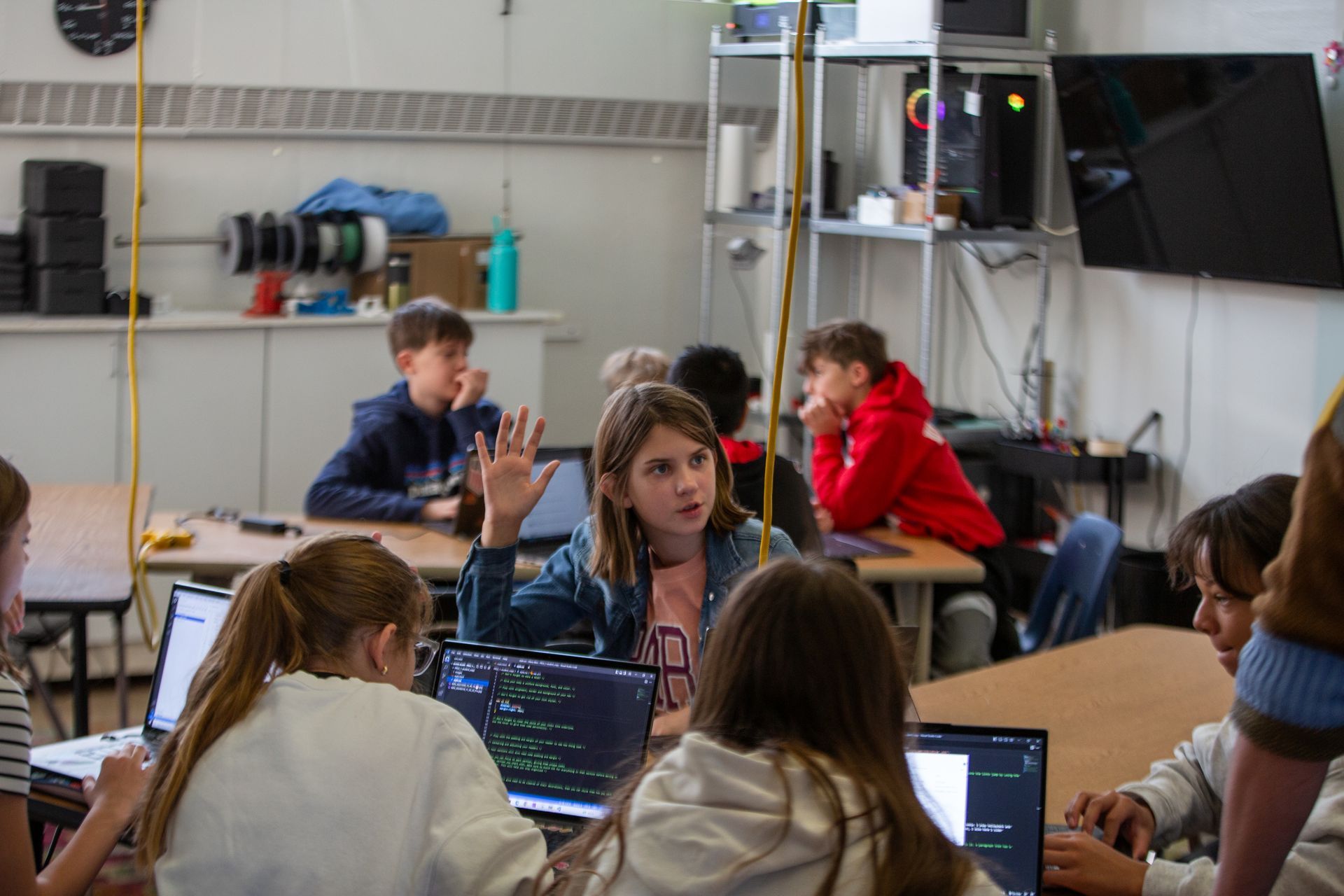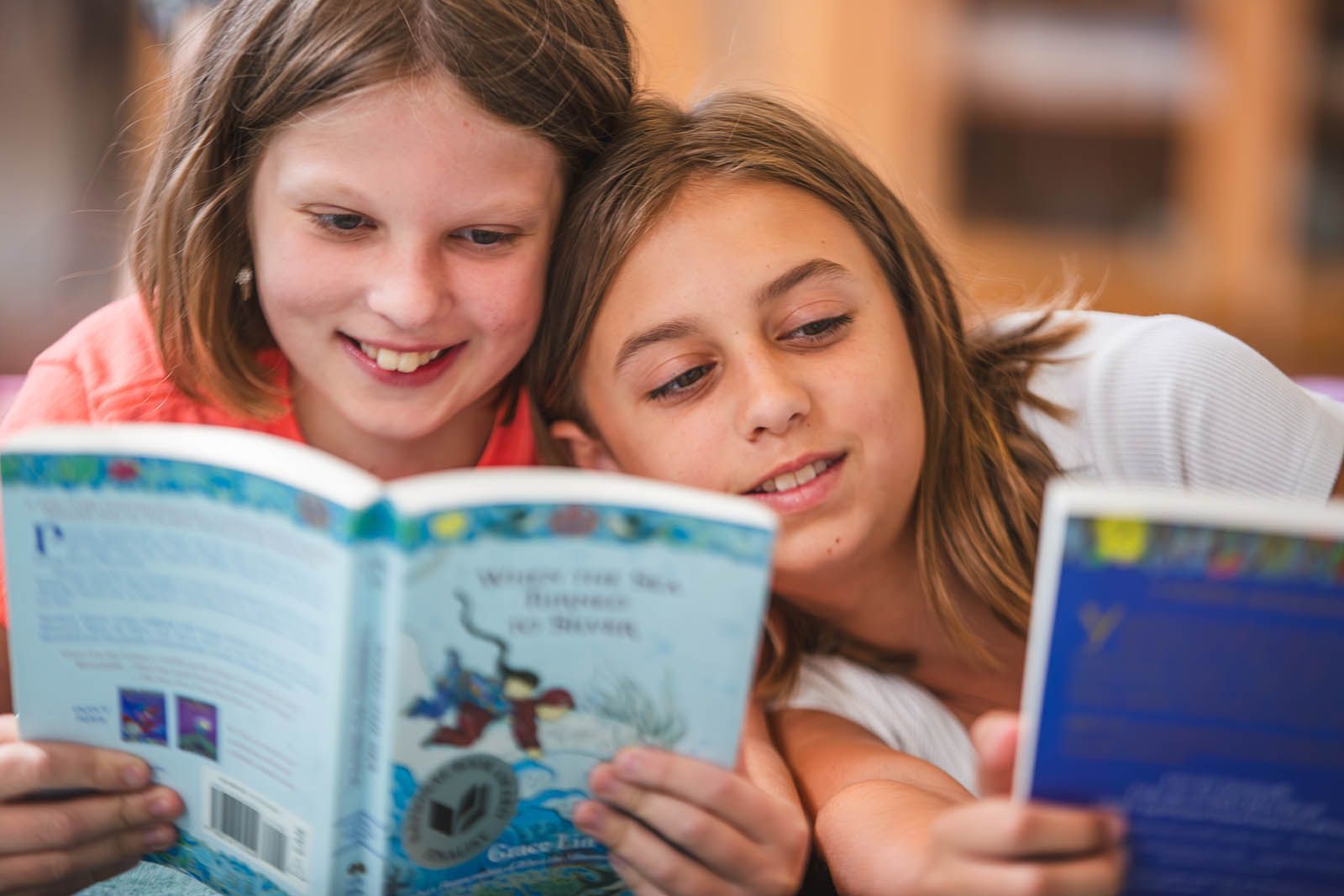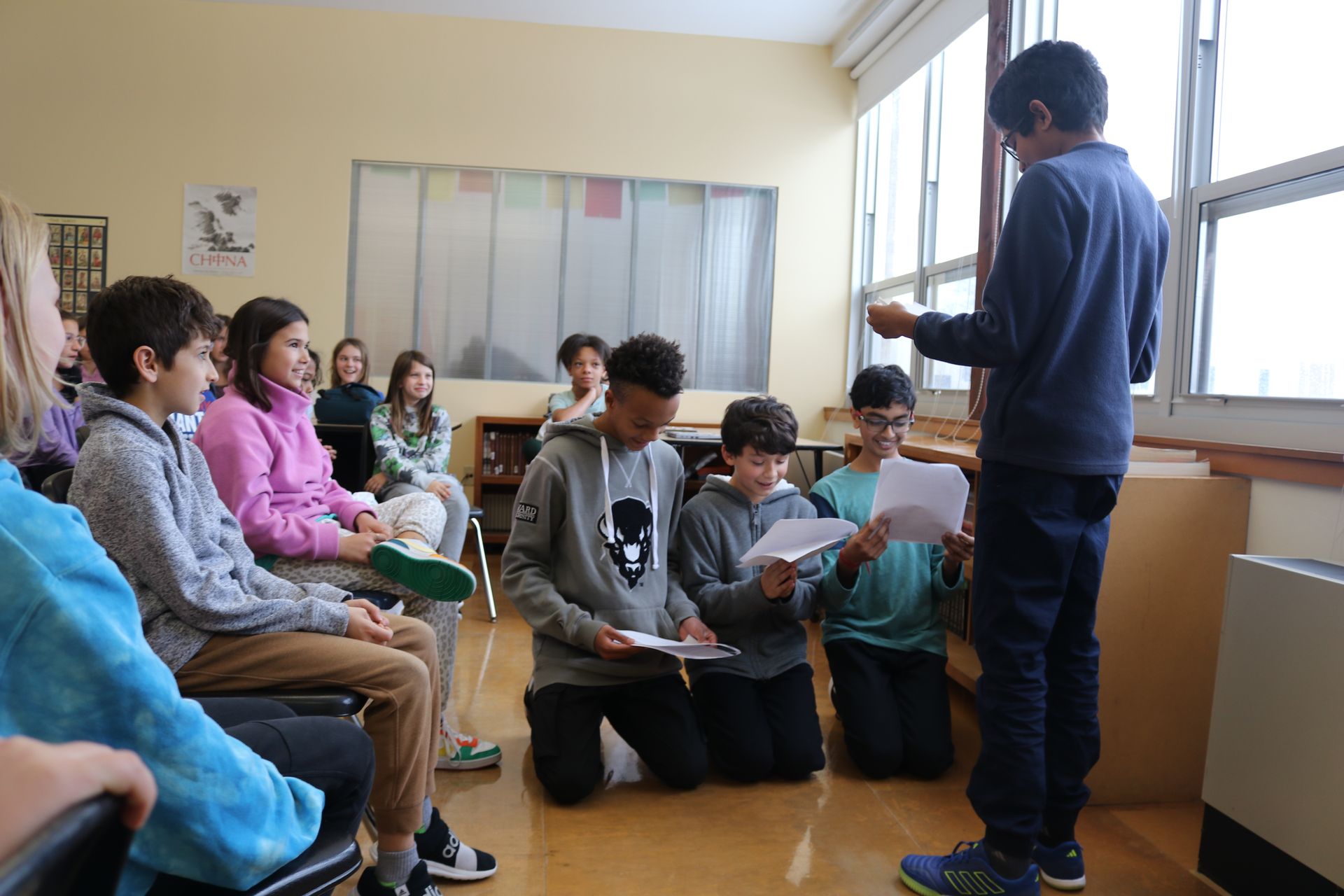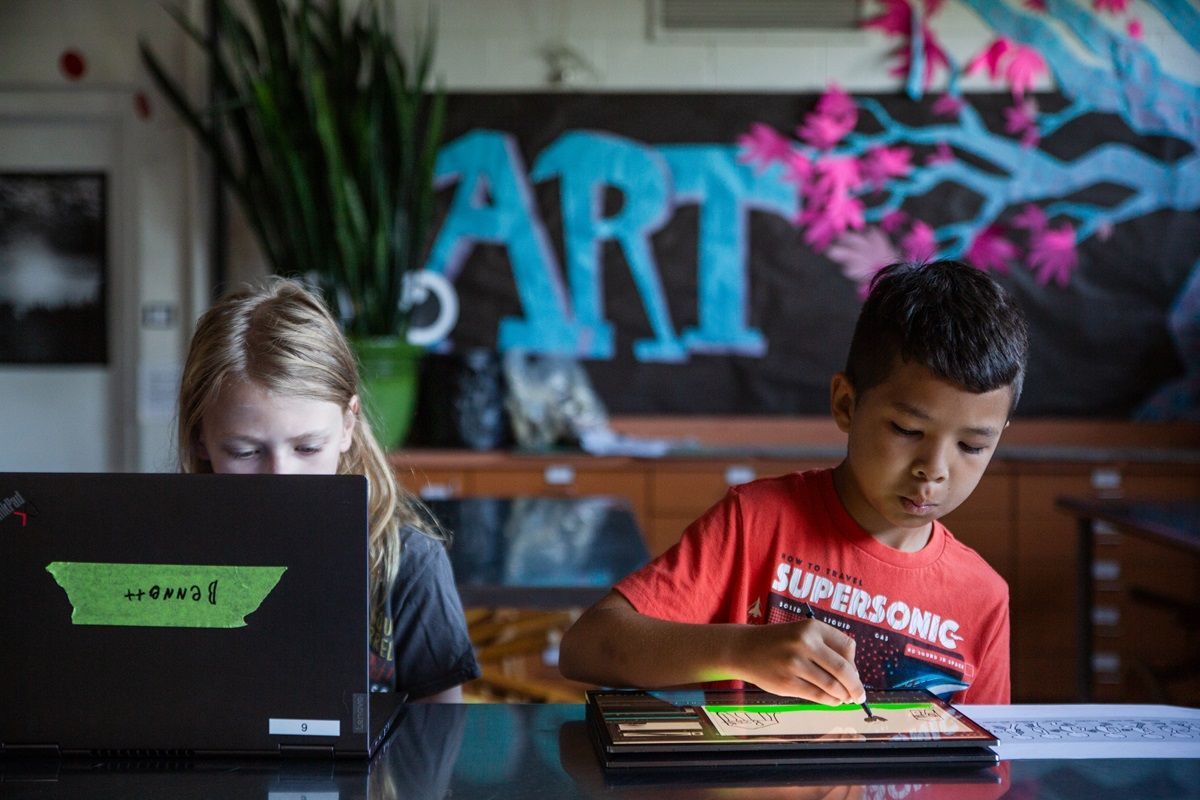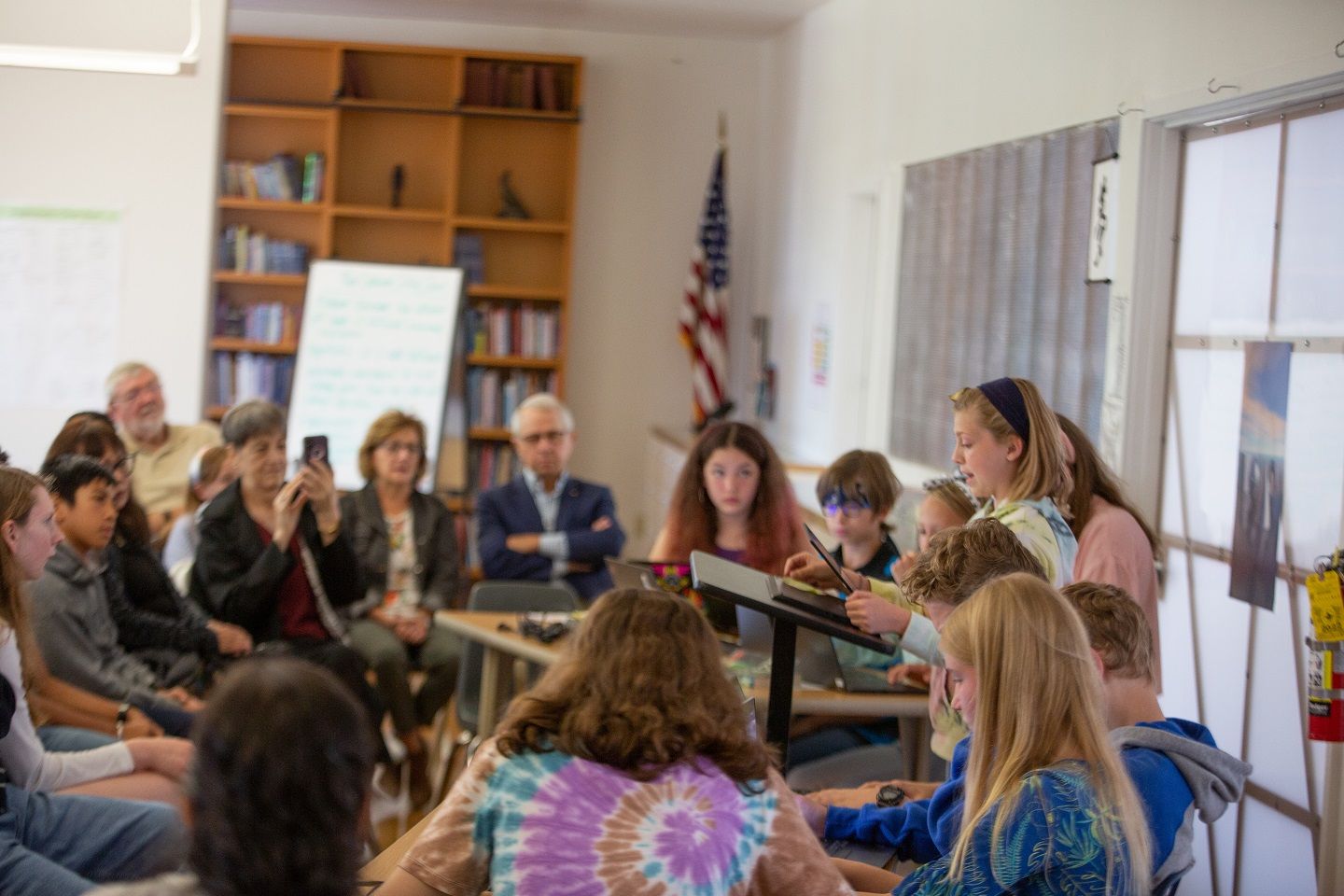Repetition in School
New Paragraph
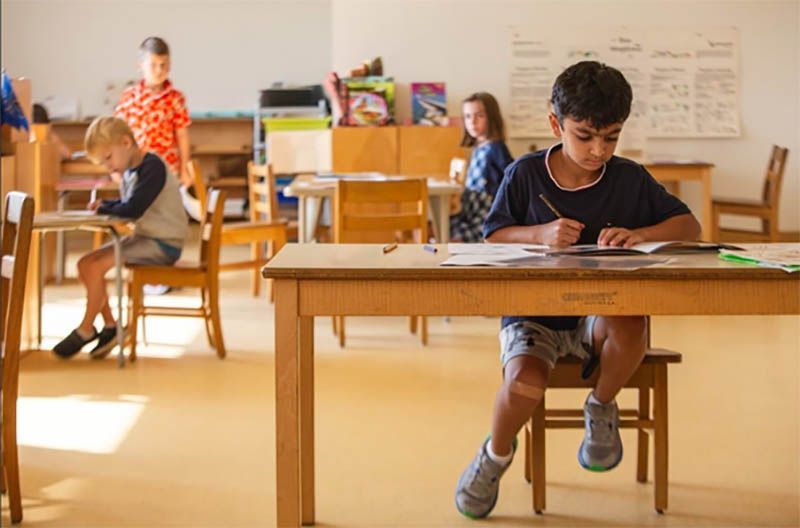
Sometimes parents ask me why their child knows how to read a full page in a book one week, but seems dumbstruck when reading pages from the book the following week.
Learning is not a linear progress. Children do not receive lessons, absorb and know concepts immediately, and then move on. What learning looks like is more akin to waves. There is an undulation, a “now you see it now you don’t,” movement toward knowledge retention. Sometimes parents ask, “Why is my child practicing concepts and skills, or repeating lessons that she already knows?”
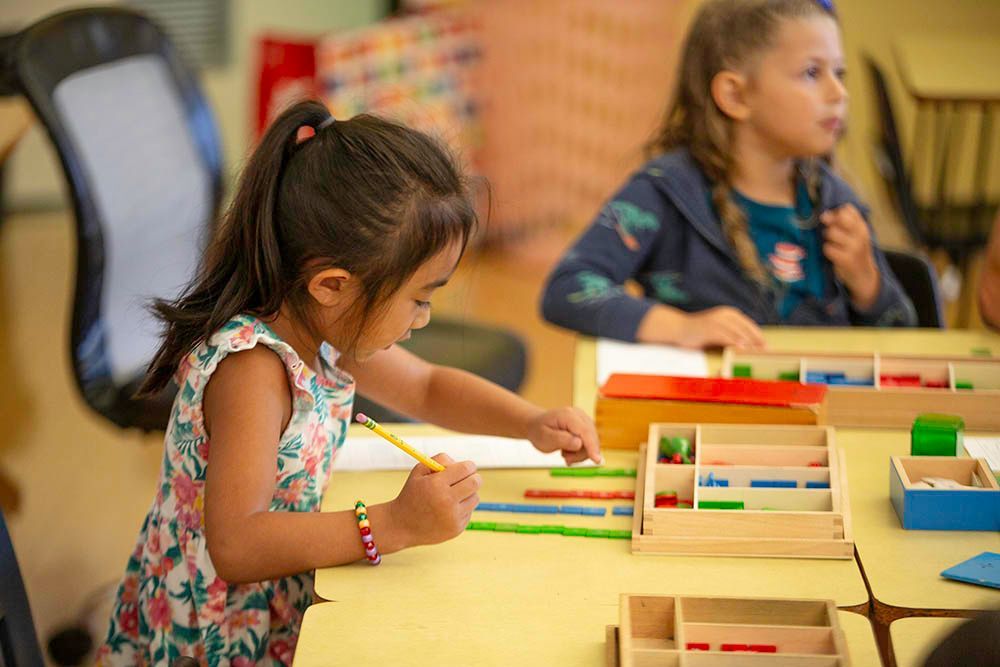
Some days a child can read a whole page of content replete with 30 sight words, and then the next day that child forgets half of the sight words and fails to read periods or question marks. Sometimes they head off to school ready for a math facts test, only to get here and not remember a good chunk of what was sealed the night before. The “now you see it, now you don’t” undulation of knowledge retrieval is referred to as “conception variation,” and essentially, this is what makes standardized testing such an explosive subject in the US. Some days kids know and recall concepts, facts, and skills, other days, they cannot retrieve what they learned. It’s just the way it is.
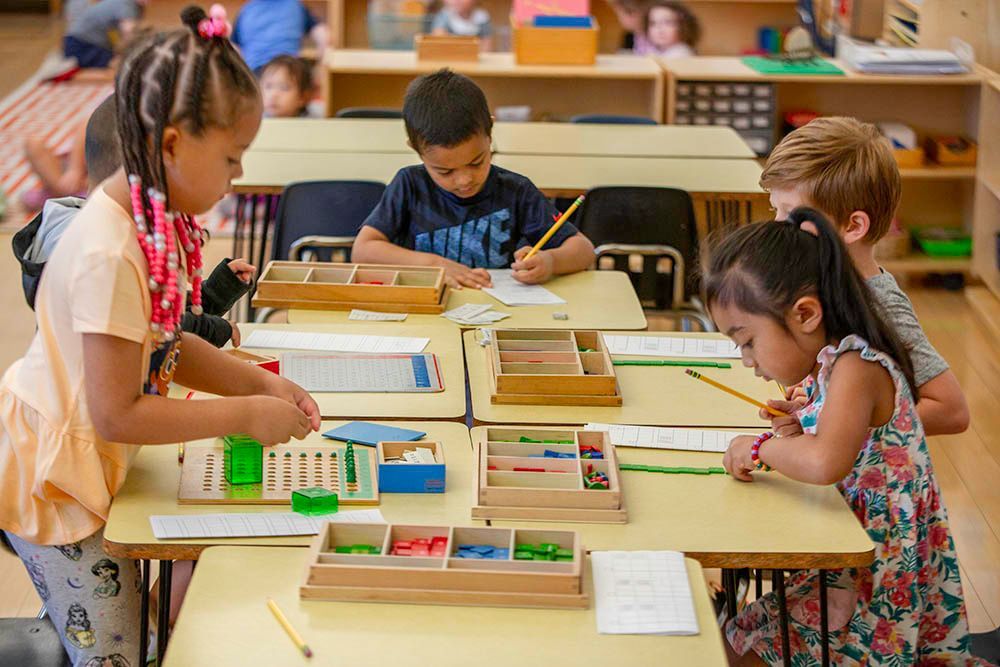
At MMS we individualize instruction for children in two ways. First, we give lessons that are hard enough to be exciting, relevant, and timed to meet the interests of your child.
Second, we recognize that students not only progress at different paces, but their conceptual variations (what they remember and what they don’t) differ from week to week. All the lessons that your child receives are based on daily observations and interactions with teachers. Our job is to make sure that the distance between the trough and the crest of the learning wave gets smaller and smaller until the information can be effortlessly accessed and used to connect new information. All that takes practice and hard work -- the ingredients of success!


